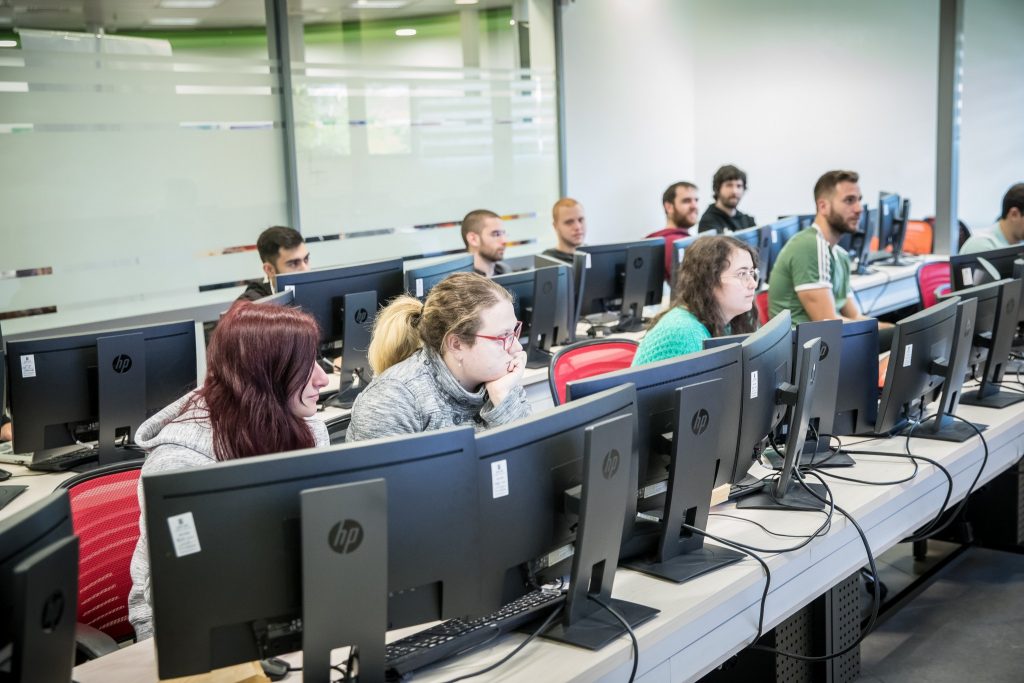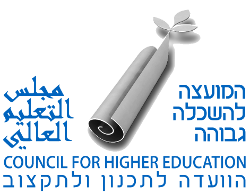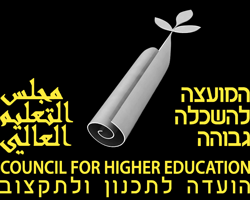For the first time: A Bachelor’s Degree in High-Tech Studies
- Over the past year, the CHE has approved a new academic degree and model that trained students for the high-tech industry with the objective of significantly increasing the number of students in the humanities who integrate into high-tech tracks.
- The first such track is expected to commence during the upcoming academic year in the framework of the new course of studies at the Tel Aviv University, “Science for High-tech.”
- In the coming years, additional institutions are expected to open similar programs of study.
Chair of the Planning and Budgeting Committee, Prof. Yaffa Zilbershats: “The new degree in high-tech studies will enable humanities and exact science majors in the high-tech industry as well. A professional committee established by the CHE reviewed the needs of industry and established the outline for a degree while ensuring the quality of instruction and learning. This process joins additional steps whose purpose is to significantly increase the number of students in high-tech subjects. The opening of new courses of study alongside financial incentives of tens of millions of shekels a year enable academic institutions to accept many more students and to significantly expand the available manpower in the high-tech industry.”
 During the course of the last year, the CHE approved a new degree (60 credit hours) in which students will receive training that is focused on the high-tech industry. The new model is expected to significantly increase the number of students from different fields such as social sciences, humanities, and the exact sciences, who integrate into high-tech tracks, and it will be possible to integrate it into studies from other disciplines (in dual major degrees) or keep it as a separate track that is taken alongside a different degree or after its completion.
During the course of the last year, the CHE approved a new degree (60 credit hours) in which students will receive training that is focused on the high-tech industry. The new model is expected to significantly increase the number of students from different fields such as social sciences, humanities, and the exact sciences, who integrate into high-tech tracks, and it will be possible to integrate it into studies from other disciplines (in dual major degrees) or keep it as a separate track that is taken alongside a different degree or after its completion.
- For example: Students will be able to integrate social sciences/humanities with the new training model as a dual major or take it parallel to their studies for a different degree (such as legal studies) or as supplementary studies after a different degree (such as a student who has finished studying law and wishes to add training in high-tech).
In the framework of this new model, a CHE committee carefully reviewed the training required and defined the core knowledge required (in the scope of 60 credit hours) in order to engage in high-tech professions: A mathematical base of 20 credit hours, core subjects in computer science – 25-30 credit hours, and electives in fields relevant to industry – 10-15 credit hours. (See details, below)
It is emphasized that the model was approved while ensuring quality of instruction and learning.
- During the course of the year, the PBC put out a call for proposals on the matter to the universities. The first such track is expected to open at the Tel Aviv University in the upcoming academic year (2019-2020). In the coming years, additional institutions are expected to open similar programs of study.
Academic institutions that accept students into high-tech programs that will be established according to the rules of this new model, including the “Science for High-tech” program at the Tel Aviv University, will receive an increased budget in the sum of at least NIS 64,000. For academic institutions:
Increased incentive for institutions that accept students into the new high-tech studies model – At the decision of the PBC, academic institutions that accept students into high-tech programs that will be established according to the rules of this new model will receive a budget of at least NIS 64,000 per year for each student enrolled in the program.
The current average cost of instruction in high-tech programs is NIS 45,000 per year.
Outline for High-tech Studies
The CHE’s professional committee is composed of academics in high-tech subjects as well as persons in the high-tech industry. The committee reviewed the needs of industry and the academic training offered at universities. The committee recommended an outline for high-tech studies and a scope of 60 credit hours for students or graduates from other fields enrolled in post-degree programs. The program can be taken alongside another disciplinary degree or after its completion.
Below is a list of courses required in order to offer the program:
- Mathematical Base (20 credit hours):
- Differential and integral mathematics
- Linear algebra
- Logic and set theory
- Probability and statistics
- Core Courses (25-30 credit hours):
- Introduction to computer science
- Algorithms
- Data structure
- Object oriented programming
- Programming lab
- (Intro to) software engineering
- Data science
- Extensions (10-15 credit hours) – 3-5 Courses From Subjects Such as the Following:
- Databases
- Data mining
- Information systems
- Functional programming
- Communication networks
- Operating systems
- User interfaces
- Cryptography and data security
- Artificial intelligence
- Testing oriented programming
- Advanced lab/final project


